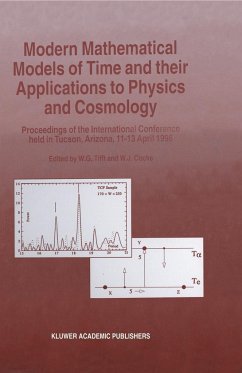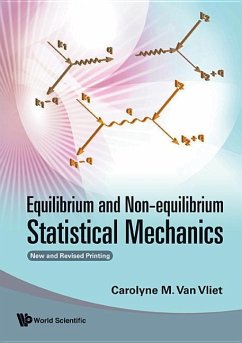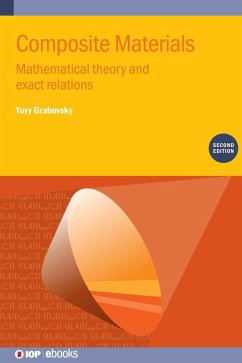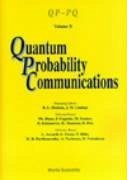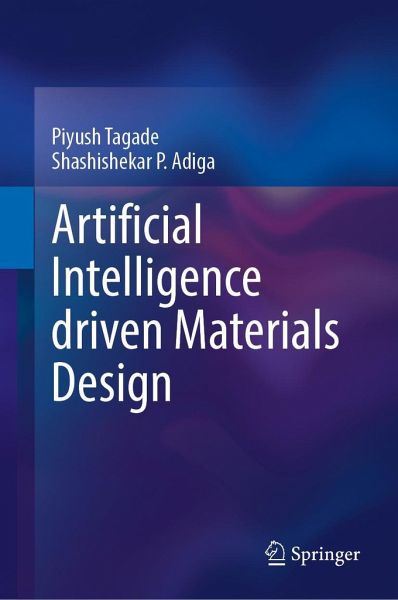
Artificial Intelligence Driven Materials Design
Versandkostenfrei!
Versandfertig in über 4 Wochen
157,99 €
inkl. MwSt.

PAYBACK Punkte
79 °P sammeln!
This book presents the application of machine learning and deep learning to Materials Design. Traditional materials design relies on a trial and error based iterative approach towards attaining target material properties often interspersed with accidental discoveries. This approach is very time consuming as both processing/fabrication, characterization of new compositions/structures are quite laborious. The field of machine learning and deep learning can greatly benefit expediting this approach by narrowing down the search space and reducing the number of compounds/structures that are explored...
This book presents the application of machine learning and deep learning to Materials Design. Traditional materials design relies on a trial and error based iterative approach towards attaining target material properties often interspersed with accidental discoveries. This approach is very time consuming as both processing/fabrication, characterization of new compositions/structures are quite laborious. The field of machine learning and deep learning can greatly benefit expediting this approach by narrowing down the search space and reducing the number of compounds/structures that are explored in the lab. This book covers the fundamentals of how one goes about applying Artificial Intelligence to materials design followed by specific examples. The book contains 4 sections. In the first section, fundamentals of AI, materials structure representation/digitization and theoretical framework are discussed. In the second section, materials optimization using evolutionary algorithms is discussed. In the third section, application of AI for forward prediction, i.e., given a material structure, how to predict properties, is considered. In the fourth section, we cover inverse prediction or inverse materials design, that is, predicting materials/structures with target properties. The inverse design of materials is an emerging field of materials design and the techniques we present are very novel. We provide examples from both organic and inorganic materials space with diverse fields of applications. The book includes sample codes for these example problems to help readers gain hands-on experience.






